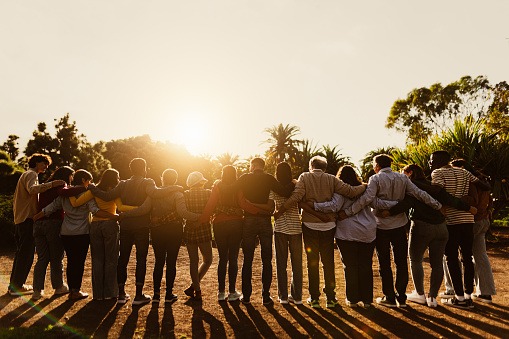Limitless examples of artworks reveal how Arab regimes tame art– particularly television drama– and turn it into a tool for sending political messages, mass mobilization, or venting social repression. This trick began years earlier and continues to this day. In other words, adopting the political visions and ideas of the Arab regimes and dominating them at the expense of drama’s aesthetic worths and explaining it as “commitment” is one factor behind Arab drama’ regression. It is not the other way around. Nowadays such a technique is obsolete for an audience that takes pleasure in having contemporary interactions and social networks.
If مسلسلات تركية ‘ve never become aware of “kids of the moon,” then this lovely and touching film will teach you everything you need to know. While afflicted with an unusual illness that triggers severe health problem upon direct exposure to sunshine, three Tunisian females discover to browse life and live it to the fullest. In spite of their condition, the women defy all limitations and expectations while chasing their dreams.
If you’ve never become aware of “kids of the moon,” then this beautiful and touching movie will teach you whatever you need to know. While afflicted with an unusual illness that triggers severe illness upon exposure to sunlight, three Tunisian females find out to navigate life and live it to the maximum. In spite of their condition, the females defy all limits and expectations while chasing their dreams.
The season showed that the flexibilities won in the Arab world – and especially Egypt, home to MENA’s biggest show business – in the immediate consequences of the 2011 uprisings are now nothing but a remote memory. Federal governments have extended their control over the material of popular shows, as coverage of the area’s daily realities has actually ended up being taboo, along with the long-established trinity of sex, faith and political dissent.
Ramadan is a time when we assess the important things that matter. While enjoying television programs is not what everyone will view as a mode of reflection, there are insights to be obtained from spending a few hours in front of the small screen throughout the holy month. The most apparent is that the present crop of dramas is becoming increasingly stagnant. With couple of exceptions, the complex morality tales that for a long time were a hallmark of the Ramadan drama, are being replaced by cheap thrills.
All of these comedies suffered one major problem – an absence of humour. Unlike 100 Faces, they had no sophistication, chemistry between performers, engaging storytelling, and, many essential of all, compound. The laughs were forced, the writing lazy, and the characterisation as thin as a razor blade.
History did not change in between the two television series. What altered was the political relationship in between the two regimes. In both cases, the political position forced drama to reflect the nature of those relations. By that, drama was a functional tool to express the basic political state of mind of this or that routine. This is how Arab regimes understand “dedication”! In the light of this understanding, the appeals directed to Arab drama makers must be translated correspondingly. They are no more than requests to produce drama that adopts the prevailing political programs’ visions, particularly after the “Arab Spring” revolutions. In other words, drama was turned into political orientation lectures played by actors to go into every house. Such a function was better than asking the ruling party’s band secretaries to provide dull speeches to their few supporters.
Subscribe to Updates
Get the latest creative news from FooBar about art, design and business.
